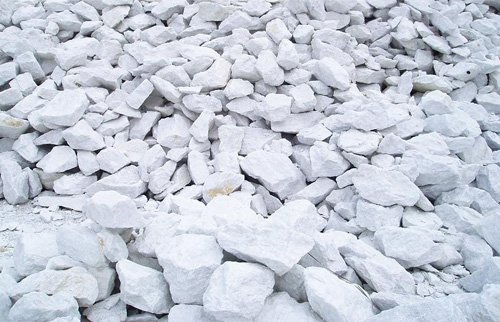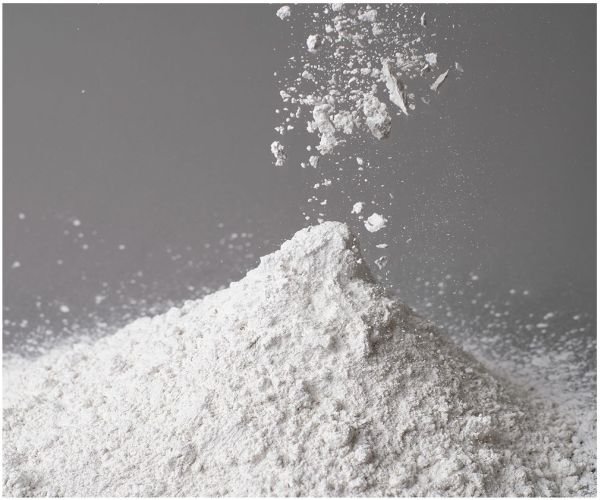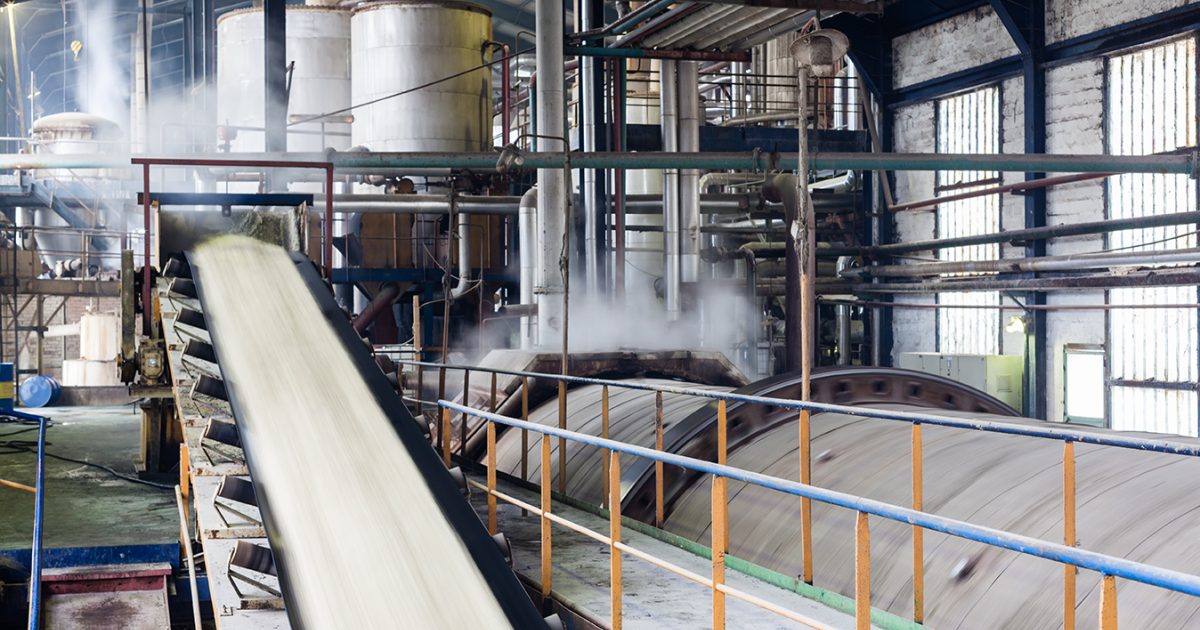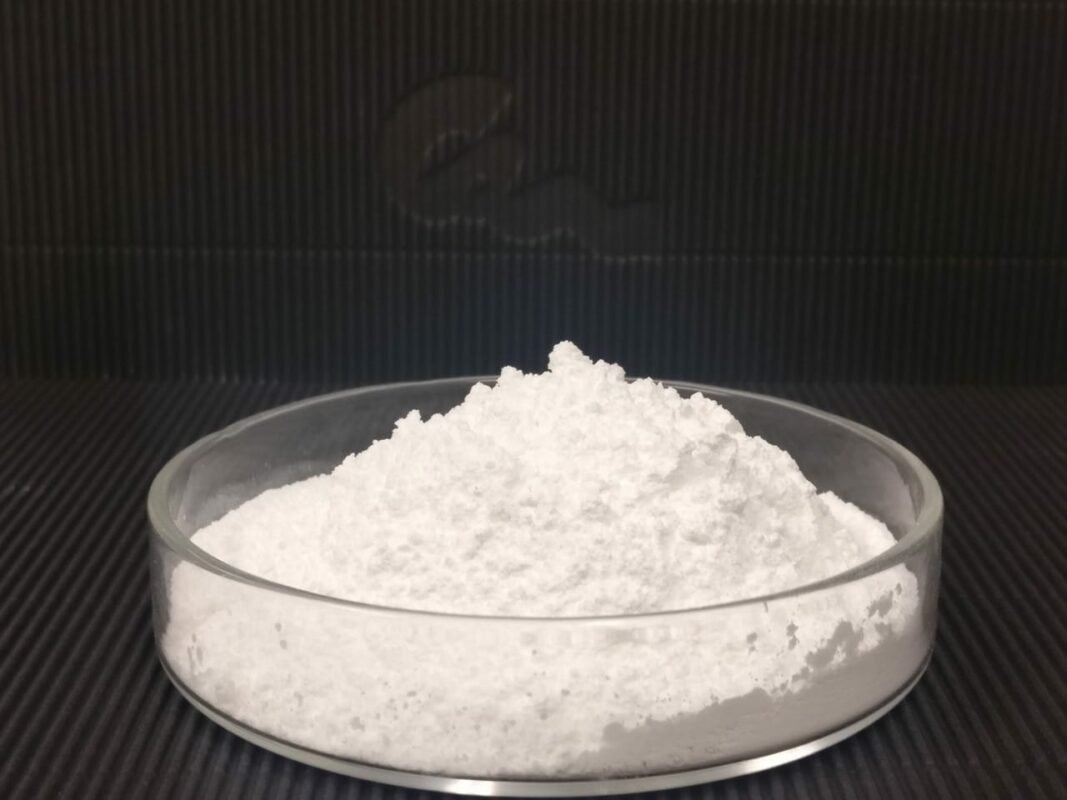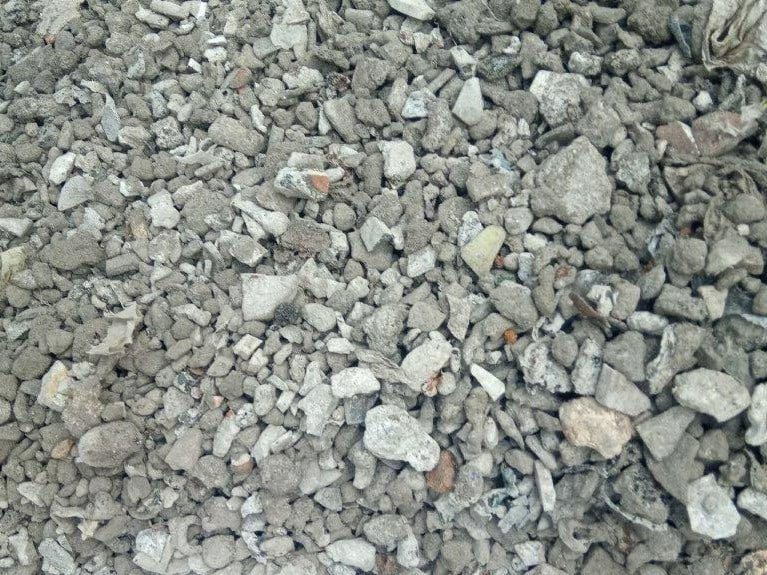Calcium hydroxide, also known as hydrated lime or slaked lime, is a versatile compound that finds numerous applications across various industries. It is derived from limestone through a process known as slaking, which involves adding water to quicklime. Calcium hydroxide has gained popularity due to its unique properties and wide range of benefits in industrial settings. In this blog post, we will explore some of the key advantages of using calcium hydroxide in various industrial applications.
1.pH Adjustment and Stabilization:
One of the primary uses of calcium hydroxide is for pH adjustment and stabilization. It has excellent alkaline properties and is commonly used to neutralize acidic solutions. Its ability to raise the pH level in industrial processes makes it a valuable tool for maintaining optimal conditions in various applications such as water treatment, wastewater treatment, and chemical manufacturing.
2. Water and Effluent Treatment:
Calcium hydroxide is widely employed in the treatment of water and effluents. It can effectively remove impurities and contaminants through a process called coagulation. By adjusting the pH level and creating an environment favorable for coagulation, calcium hydroxide aids in the precipitation of impurities, making it easier to filter or separate them from the water or effluent. This application finds use in industries such as mining, pulp and paper, and food processing.
3. Soil Stabilization:
In construction and civil engineering projects, calcium hydroxide is utilized for soil stabilization. When added to soil, it reacts with clay particles, increasing their cohesion and improving the overall stability of the soil. This makes it an excellent choice for road construction, foundation stabilization, and erosion control, enhancing the durability and longevity of infrastructure.
4. Industrial Waste Treatment:
Calcium hydroxide plays a crucial role in the treatment and management of industrial waste. It can facilitate the precipitation of heavy metals and other harmful substances present in industrial effluents, transforming them into less toxic forms or facilitating their removal. This property makes it an essential component in wastewater treatment plants and industries dealing with hazardous waste.
5. Chemical Manufacturing:
Calcium hydroxide serves as a key reagent in various chemical manufacturing processes. It is used in the production of chemicals such as calcium stearate, calcium hypochlorite, and calcium phosphate, among others. Its alkalinity and reactivity make it an ideal choice for neutralization, pH adjustment, and precipitation reactions, contributing to the synthesis of a wide range of chemical compounds.
6. Flue Gas Desulfurization:
The power generation industry often relies on calcium hydroxide for flue gas desulfurization. By reacting with sulfur dioxide (SO2) present in flue gases, calcium hydroxide forms calcium sulfite, which can then be oxidized to form gypsum. This process helps remove sulfur dioxide, a major contributor to air pollution, and reduces the environmental impact of power plants.
7. Food and Beverage Industry:
Calcium hydroxide finds applications in the food and beverage industry as well. It is commonly used for pickling vegetables, processing corn, and enhancing the quality of tortillas. Its alkaline nature helps maintain food safety by inhibiting the growth of harmful bacteria and preserving the texture and appearance of food products.
In conclusion, calcium hydroxide offers a multitude of benefits in various industrial applications. Its versatility, alkalinity, and reactivity make it a valuable compound for pH adjustment, water and effluent treatment, soil stabilization, waste management, chemical manufacturing, flue gas desulfurization, and the food and beverage industry. As industries continue to seek sustainable and efficient solutions, calcium hydroxide stands out as a reliable and environmentally friendly choice for meeting diverse industrial needs.


